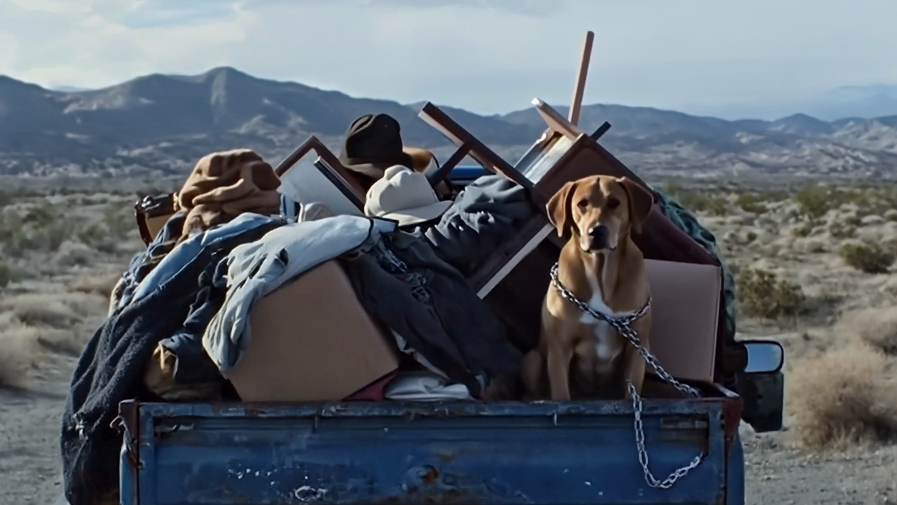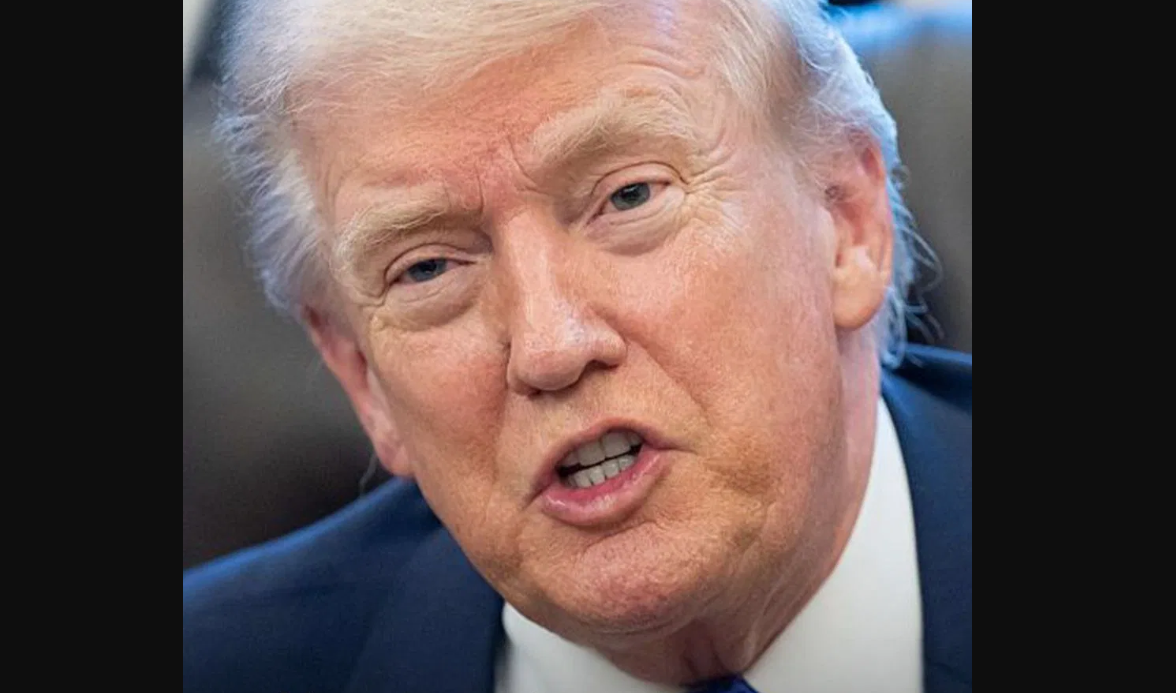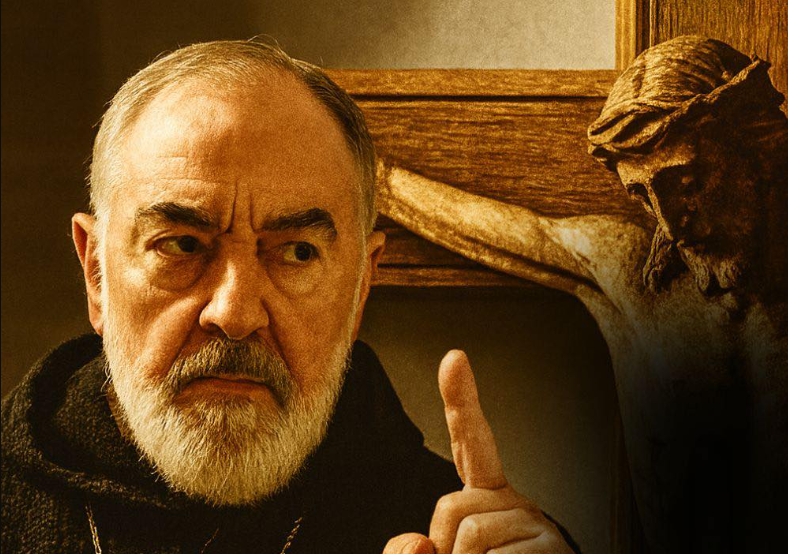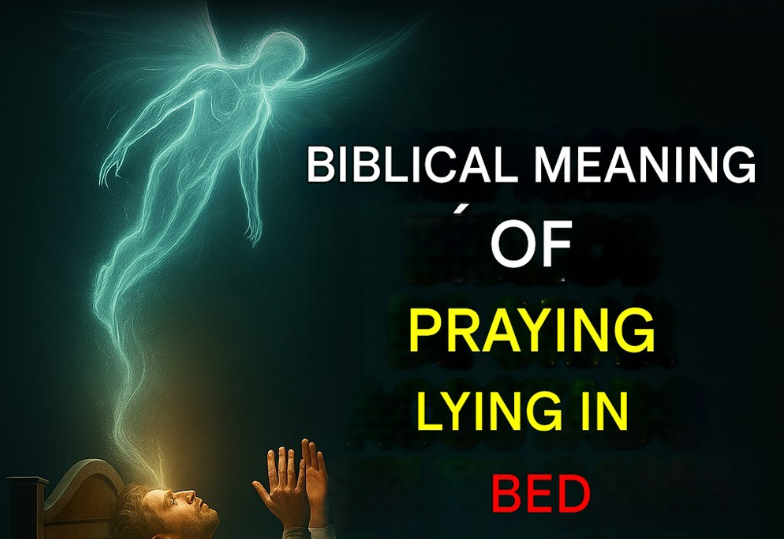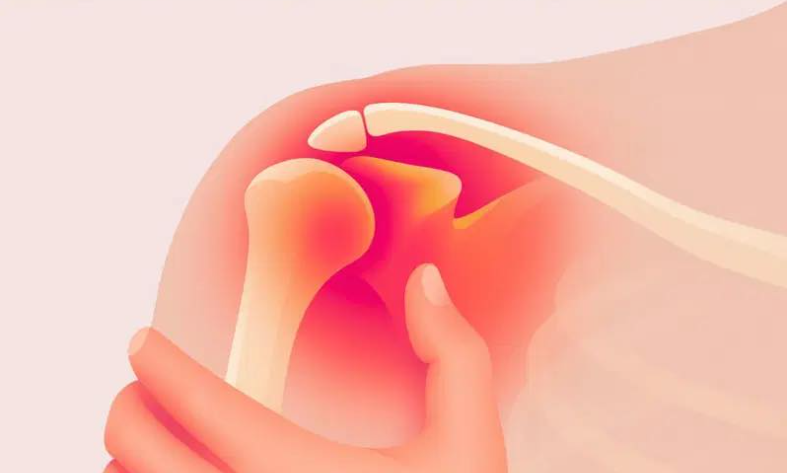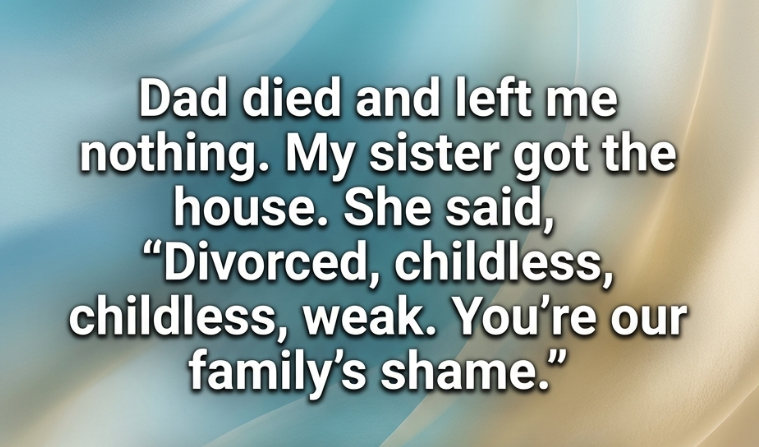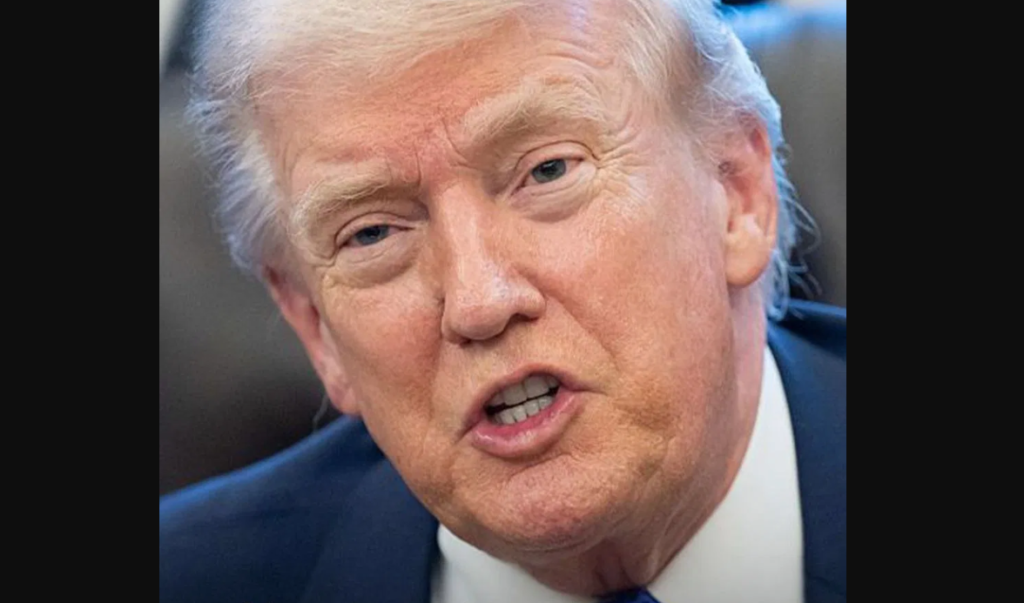I was about fifteen minutes out of the city when I saw it. A rusty blue flatbed hauling what looked like junk—clothes, cracked dishes, wires, even a lamp missing its shade. But in the middle of all that… a dog.
Big. Brown. Chained to the side panel, half-buried in the mess. It was barking wildly, tail tucked, straining every time the truck jolted.
I grabbed my phone and dialed local authorities. They asked for the plate number—but it was caked in mud, completely unreadable. The dispatcher sighed, said without a plate or exact location, they could not intervene.
So I stayed behind the truck.
Every mile it swerved a little more. The dog was stumbling, trying to keep its footing. I kept thinking it would leap—or fall. My heart was in my throat the entire time.
The truck didn’t slow down for villages. It sped past turnoffs, barreling toward what looked like an old industrial site.
Then the driver finally pulled off into a gravel lot surrounded by half-collapsed sheds. No signs. No other vehicles.
He got out. Looked straight at me and didn’t say a word.
I killed the engine, pretending to fiddle with my GPS like I was lost. But my eyes stayed locked on him in the rearview.
He was wiry. Greasy hair, long gray beard. Wore jeans that were black from engine oil and a coat far too heavy for July. He walked around the truck and unhooked something—probably the dog’s chain.
The barking stopped.
My stomach dropped. I cracked my door open, heart thumping.
He didn’t notice.
He was too busy dragging a tarp over the back of the flatbed, covering the junk and the dog. The whole thing felt wrong. Like he was concealing something more than trash.
I stepped out slowly, phone still in my hand. I snapped a picture from the hip—truck, tarp, man. The click made him turn.
“You followin’ me?” he asked, voice scratchy like old gravel.
“I got turned around,” I said. “Looking for Route 17.”
He took a step closer. “This ain’t Route 17. This here’s private.”
I nodded. “Sorry to bother you.” I glanced at the dog, now hidden. “I thought I saw an animal back there. Perhaps it was hurt.”
His lip curled. “Ain’t your business.”
Perhaps it wasn’t. But something about the way the dog had barked, the way it tried to stay upright in that mess—it felt like someone needed to make it their business.
I backed toward my car. “Right. I’ll be on my way.”
He didn’t move.
I got in, locked the doors, and drove far enough to pull around the bend. Then I parked and waited. I watched from behind some bushes. Five minutes. Ten.
Then I saw him.
Dragging the dog by a short leash across the lot. The poor thing limped, its ribs showing clearly. He kicked it once when it stopped to sniff something.
That was enough.
I texted my friend Laura, who worked at a rescue, and dropped a pin. “I think a dog’s about to be dumped or worse,” I wrote.
She called right away. “Stay put. I’m calling a buddy in animal control. He owes me one.”
While I waited, I grabbed the binoculars from my glove box—leftovers from birdwatching trips with my dad—and watched.
The man shoved open the door to a sagging shed and yanked the dog inside. The door slammed shut.
It felt like forever before a white SUV with emergency lights rolled in. An officer stepped out—tall, red-faced, winded like he’d rushed. I flagged him down.
“You called about the dog?” he asked.
I nodded and pointed. “He dragged it into that shed.”
The officer approached the building, hand near his sidearm. He knocked hard. “Sir? Animal control. I need to see the dog.”
No answer.
“Sir, if there’s an animal in distress, we need to check—”
Still nothing.
Then came a muffled bark.
That was all the officer needed. He backed up, radioed for backup, then cracked the door. The hinges groaned. He slipped inside.
What happened next took perhaps four minutes, but felt like forty.
There was shouting. Some banging. Then the officer came out, dragging the man in cuffs. A second officer arrived and went into the shed.
I walked closer.
The dog was carried out gently by the second officer, wrapped in a blanket. It looked up at me, eyes wide and tired, tongue lolling.
The first officer shook his head. “Good thing you called. That man’s banned from owning animals. History of cruelty charges. This poor fellow wasn’t going to make it another day.”
I felt my throat tighten. “Is he… going to be okay?”
The second officer smiled softly. “He’s a fighter. There might be some nerve damage in that leg, but we’ll get him checked. Has he got a name?”
I looked at the dog. “No. Not yet.”
The officer nodded. “You might’ve saved his life.”
After they left, I sat in my car for a while. My heart still racing. Then I drove home, feeling something strange settle over me—part relief, part anger, part… hope?
Two days later, Laura called. “You’re not going to believe this.”
“What?”
“The dog—he’s doing better than expected. Vets think he’ll make a full recovery with time. But here’s the wild part.”
I waited.
“When they scanned for a chip, they found one. He was stolen—two years ago. From a family three towns over.”
My jaw dropped. “You’re kidding.”
“No. His name’s Boomer. He belonged to a little girl named Ivy. She never stopped looking for him.”
By that night, there was a photo circulating on local groups. A girl hugging the same big brown dog, now washed and bandaged. Her smile was as wide as summer. The caption read: “Boomer’s home. Miracles do happen.”
I shared it on my page with one word: “Worth it.”
But the story didn’t end there.
A week later, I got a card in the mail. Handwritten. Crayon drawings along the bottom.
“Dear Mister, Thank you for saving Boomer. I prayed for him every night. You are my hero. Love, Ivy.”
Inside was a photo of Boomer wearing a red scarf and a crooked doggy grin.
I taped it to my fridge.
Months passed. I didn’t think much more about it—until one Saturday morning when I found a basket on my porch.
Inside: cookies, dog treats, a mug that said “Every Life Matters,” and a note:
“From Ivy’s mom—thank you, again.”
A year later, Boomer made headlines. Not for being rescued, but for what came after.
Ivy’s family started a small foundation. Boomer’s Hope—a rescue initiative focused on helping rural areas like ours find and save neglected animals. I donated what I could.
Every so often, I’d see updates: “3 dogs rehomed this week!” or “Boomer meets kids at school to teach kindness!”
Then one fall afternoon, I was invited to speak at a local event. I almost said no. But I went.
And there, in front of a small crowd, Ivy introduced me as “the man who didn’t turn away.”
I looked at her. At Boomer sitting beside her, tail thumping.
And I realized something.
That day on the road—when I had a choice to mind my own business or do something hard—I chose the hard thing.
And because of that, a girl got her best friend back. A broken dog got a second chance. A family started something bigger than any of us imagined.
Sometimes, we get these tiny moments—barely a blink—where we can step up or step aside.
I’m glad I stepped up.
Because the ripple you cause by doing the right thing? It spreads farther than you’ll ever see.
If this story touched you, please like and share it. You never know who might need the reminder that small actions matter.
